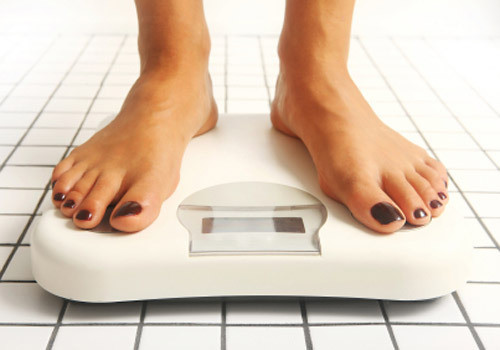In my attempt to immerse myself into the world of eating disorders while I have the opportunity during this rotation, I am gathering as many references and resources as possible, both physically and mentally. What I mean by that is, anything that I can’t take a copy of, I spend my free-time on one of the comfy therapy couches reading through.
The great thing about this is that I’m not just flipping through textbooks. No, eating disorders are much more complex than that. Psychology comes into play, making the reading material much more enjoyable, at least in my opinion.
There are many books, self-help novels and long stories that are helpful in recovery from an eating disorder. Most of the time, these books are helpful not only to the patients, but also for the therapists, doctors and dietitians involved in recovery. It helps to understand.
So, today I picked up a book from one of the dietitian’s bookshelf and plopped down to read through a few chapters: Eat, Drink and Be Mindful, by Susan Albers.
Albers’ book is all about mindful eating. In fact, it’s woven with workbook-pages so that you can not only read the book, but become engaged and practice what you’re reading. If you’re curious about mindful eating, I suggest you read this book. It’s incredibly helpful, and if you haven’t a clue where to begin when it comes to eating mindfully, this book is for you.
But it’s not mindful eating that compelled me to write this post. No, there was a specific chapter that caught my attention. It caught my attention because, although I have a healthy relationship with food, there is one relationship that I still struggle with: the scale.

You see, I don’t quite know life without my scale. I started weighing myself in high school and really haven’t stopped ever since. Every morning, before I get into the shower, I step onto the scale. It used to be an obsessive-thing, but now it’s out of habit.
I know that it’s only habit because, back when it was an issues, the number on the scale dictated the mood for my day. Now? I take a mental note and move on. The number no longer affects my emotions.
But in Albers’ “Self Assessment” chapter, she addresses the need to not focus on specific numbers. She states that if you focus on your weight in numbers, you are less likely to focus on the behaviors that are being reflected in the weight.
She also acknowledges that there are those people that just use the scale to keep themselves accountable, being aware of what they weigh.
“These are the people who gain weight and don’t even realize it.”
I read that, and then re-read it. And then read it again. Is this like an editing error or something? I just didn’t get it.
But then I sat and thought about it, and realized that when I gain weight, I almost always see it on the scale, and not in myself. I see the numbers creeping up day by day, and that is what tells me I’m gaining weight. But I never stop to acknowledge whether or not my body feels this way. Are my jeans tighter? Is my face fuller?
Because of my habitual morning weigh-ins, I’ve totally disconnected my mind from my body. I may have the healthiest connection between mind & food, and body & food, but what about mind and body? The connection isn’t even there anymore.
This is urging me to do two things:
1) Ditch the scale. There is absolutely no need for me to know my weight. I am worth far more than the number on the scale. The way my clothes are fitting is a better indicator of my body, and in order for me to be more connected then I need to start taking this into account.
2) Be more aware of my body during yoga. I tend to be in my mind more often when I’m doing yoga because it’s a huge way to relieve stress. But this makes yet another disconnect with my body. Yoga is all about balance, so I need to take this into practice with my focus on both mind and body.
Hopefully in doing this, I’ll find that connection with my body and mend the relationship.
Do you weigh yourself often?
